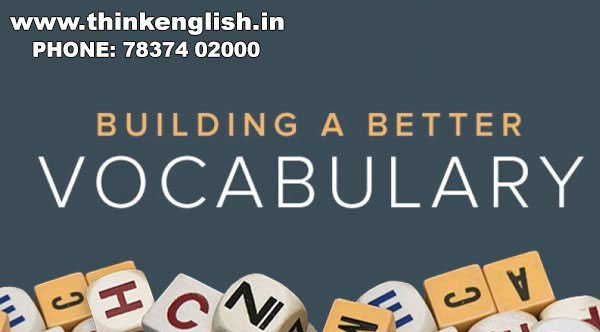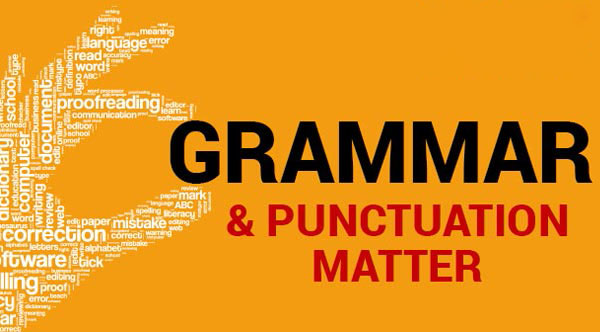IELTS Writing Tips
Before having a look at IELTS writing tips, firstly let’s read about the writing pattern of IELTS writing test.
The main IELTS writing tip is to carefully read the different writing requirements for Task 1 and Task 2. You have one hour to complete all the writing section of IELTS writing test. For task 1 you have to write minimum 150 words and for task 2 you have to write minimum 250 words but if you write more than 50 extra words than the minimum words are required, then you will lose points for lack of efficiency.
Task 1 (academic) involves:
- Graph
- Table
- Map
- Diagram
Task 1 (GT) involves:
- Letter
Task 2 (both academic and GT) involves:
Essay writing where one can ask to
- Express opinions
- Balance an argument
- Give solution to a problem
You must have the appropriate written skills for each task to succeed in the IELTS writing test.
Get a Call Back
Study good quality writings
To score good marks in IELTS writing test, it’s a good idea to study high quality writings in different formats by reading newspapers, magazines or short articles on various topics.
This will help you to improve your IELTS writing skills. Below are some lists that you must have to follow:
List useful vocabulary items
Expand your vocabulary. You need a good active vocabulary to express yourself clearly.

Not only read a lots of words actually being able to use them correctly. Do these by learning new words with example sentences not just word lists.
Check grammar structures
Grammar improves the quality of your writing. Always use the appropriate tense and punctuation. Punctuation plays a vital role to make your writing clear and fluent.

For the first time, look for basic mistakes and the second time check the mistakes of grammar.
Read regularly
Check how the linking is done between sentences and paragraphs. People learn to write best by reading. It is a better option to get an idea of the different styles of writing and see how to use words appropriately.
Apply these things that you have learned in your own writings
Do write regularly to improve your writings.
You can take reference from these sources:
- The Financial Times–
It provides table and diagrams to illustrate texts on things like stock exchange which can be useful model for Task 1 in IELTS writing test.
- The Economist–
This publication gives short articles on topical subjects.
Top 10 IELTS Writing Tips
The key to succeeding in IELTS writing test is to understand the task and know what the examiners are looking for. Now, you don’t have to worry about IELTS writing section. Below, we have top 10 IELTS writing tips that boost your confidence and prepare you well for the IELTS writing test.
Read all instructions carefully
Make sure you read all the instructions carefully. This will tell you where you need to write each answer and what you need to do.
Read the question carefully
One of the most common mistakes is not answering the question. Study the instructions very carefully and make sure you are clear about what you have to write about. Your band score will be lower if you are writing about the wrong topic or not responding to exactly what the question asks you.
Don’t write less
You have to write 150 words for task 1 and 250 words for task 2. Make sure you do not write less than this amount otherwise band score may be reduced. Firstly, get an idea of how many words you normally write on one line. This will help you know roughly how much you have written without having to keep counting all the.
Don’t write much
The examiner will check quality not quantity. You will not necessarily get more marks for writing more so don’t write more than given instructions for no reason. Check your grammar as well.
Spend more time on Task 2
Task 2 consists of more marks and this task requires 100 more words. So it’s better to spend 20 minutes on task 1 and 40 minutes on task 2. You can write any task first either Task 1 or Task 2.
Write clearly

It’s not matter how your writing is but write clearly because if the examiner cannot read some things you have written it is not going to help you. So try to write clearly.
Organize clearly
Don’t just write and write without making any pattern. Make sure you make use of paragraphing to divide up the different topics you are discussing.
Don’t copy the question
You have to use the question in the introduction of both tasks in order to introduce the topic but make sure you put it in your own words. Never copy the question.
Use a variety of sentence structures
Don’t just use limited range of sentence type. The examiner will check your grammatical range. To get a good and higher score you will need to show you can use simple, compound and complex sentences.
Plan and check your answer

Don’t start writing when the time begins and stop when it finishes. At the beginning use some time for checking that you understand the question, list your ideas and plan your answer. At the end, spend some time for checking your grammar.
I hope these IELTS writing tips are useful for you. If you have any queries then feel free to do comment.

